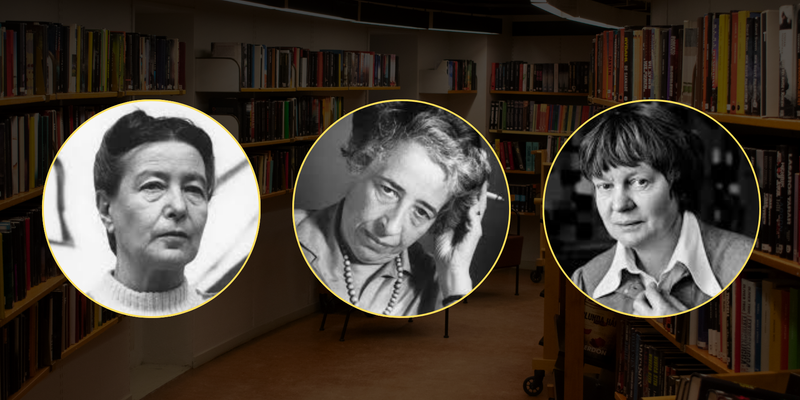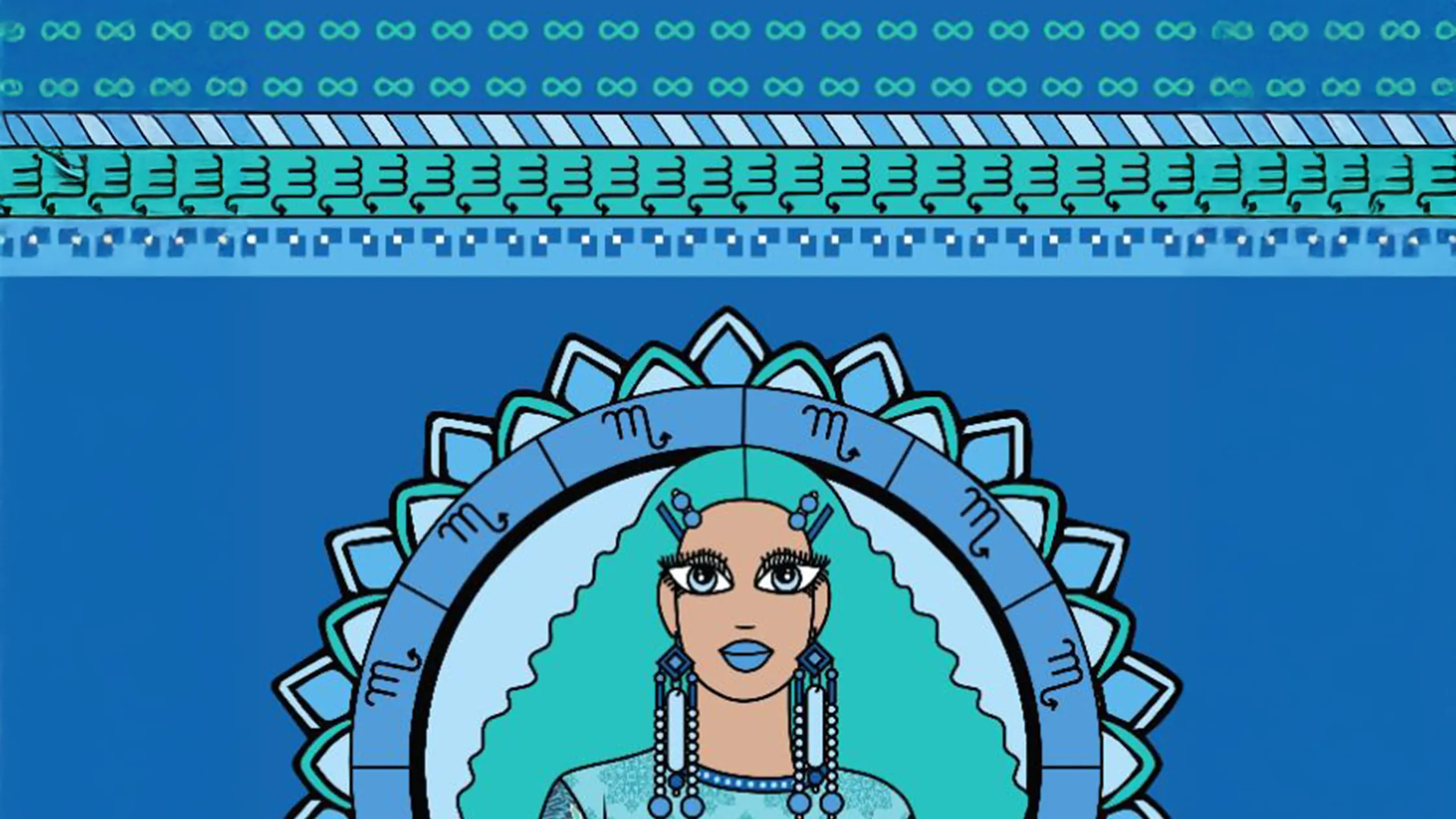Copyright yourstory

When we think of philosophy, the names that often come to mind are Plato, Nietzsche, or Kant—figures who shaped centuries of thought. But what about the women who challenged those same ideas, expanded them, or redefined what it means to think deeply about existence, ethics, and society? For centuries, women philosophers were dismissed, silenced, or forgotten. Their works were overshadowed by patriarchal systems that rarely credited women with intellectual authority. Yet, despite these barriers, a handful of courageous and brilliant women not only joined the philosophical conversation—they reshaped it. From questions of morality and freedom to consciousness, feminism, and human rights, these thinkers refused to accept the limits placed on them. Their ideas remain as relevant today as ever—especially in a world still grappling with questions of equality, justice, and self-understanding. 5 women philosophers and thinkers everyone should read 1. Simone de Beauvoir – The Second Sex Simone de Beauvoir’s The Second Sex (1949) is one of the most influential philosophical texts of the 20th century. With piercing clarity, she examines how women have been historically treated as “the other”—defined not by their individuality but by their relationship to men. De Beauvoir’s famous line, “One is not born, but rather becomes, a woman,” encapsulates her central argument: that femininity is not destiny but a social construct shaped by culture, power, and expectation. She blends existentialism, feminism, and social critique, laying the groundwork for second-wave feminism and influencing generations of thinkers to come. Why read her: Because understanding gender today begins with understanding de Beauvoir’s question—what does it mean to be free in a world that defines you? 2. Hannah Arendt – The Human Condition Hannah Arendt’s works dissect the political and moral crises of the modern age. Having escaped Nazi Germany, Arendt turned her observations of totalitarianism into profound reflections on power, evil, and human action. In The Human Condition (1958), she distinguishes between labour, work, and action—three pillars of human activity that shape societies. She also warns of the dangers of thoughtlessness, famously explored in Eichmann in Jerusalem through her concept of the “banality of evil.” Arendt’s ideas challenge us to think—really think—about responsibility, conscience, and the systems we participate in. Why read her: Because she shows that evil doesn’t always wear a villain’s face—it can come from ordinary people who stop questioning. 3. Mary Wollstonecraft – A Vindication of the Rights of Woman Long before “feminism” was even a term, Mary Wollstonecraft was demanding equality. Her revolutionary 1792 work, A Vindication of the Rights of Woman, argued that women were not naturally inferior to men, but made so by lack of education and opportunity. Her argument was simple but radical: give women access to the same intellectual tools as men, and they’ll prove just as capable. Though written in the 18th century, her ideas remain strikingly modern—challenging stereotypes, questioning marriage dynamics, and promoting rational independence. Why read her: Because she reminds us that real empowerment begins with the freedom to think. 4. Iris Murdoch – The Sovereignty of Good A philosopher and novelist, Iris Murdoch merged moral philosophy with literature, exploring how love, goodness, and imagination influence human behaviour. In The Sovereignty of Good (1970), she critiques the ego-driven philosophies of her time and argues for moral attention—seeing the world beyond our own desires. Murdoch’s concept of “unselfing” encourages readers to step outside their egos and view goodness as something independent of personal gain. Her insights bridge the gap between philosophy and art, making her one of the few thinkers who speak both to the heart and the intellect. Why read her: Because she redefines goodness not as a rule, but as a way of seeing the world truthfully. 5. Angela Davis – Women, Race & Class Philosopher, activist, and scholar Angela Davis is a living example of philosophy in action. Her 1981 classic Women, Race & Class exposes how feminism, racism, and class oppression intersect. Davis dismantles the idea of a single, universal feminist struggle and shows how the experiences of women—especially Black and working-class women—have been marginalised within mainstream movements. Drawing from Marxism, critical theory, and lived experience, Davis bridges the gap between activism and academia, urging readers to confront uncomfortable truths about justice and equality. Why read her: Because she teaches that liberation is meaningless if it’s not inclusive. Final Thoughts From the salons of Europe to the classrooms and protests of the modern world, these women proved that philosophy isn’t confined to ivory towers—it’s alive in every question of justice, morality, and existence. Reading them isn’t just an intellectual exercise; it’s an act of reclaiming forgotten wisdom. Each of these thinkers reminds us that thought, when guided by courage and compassion, can transform the world. Because to read them is not only to understand philosophy—it’s to understand humanity itself.



